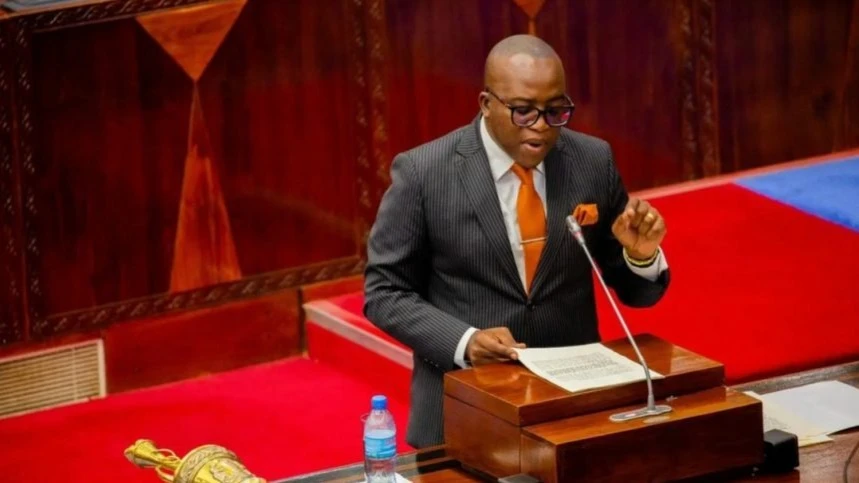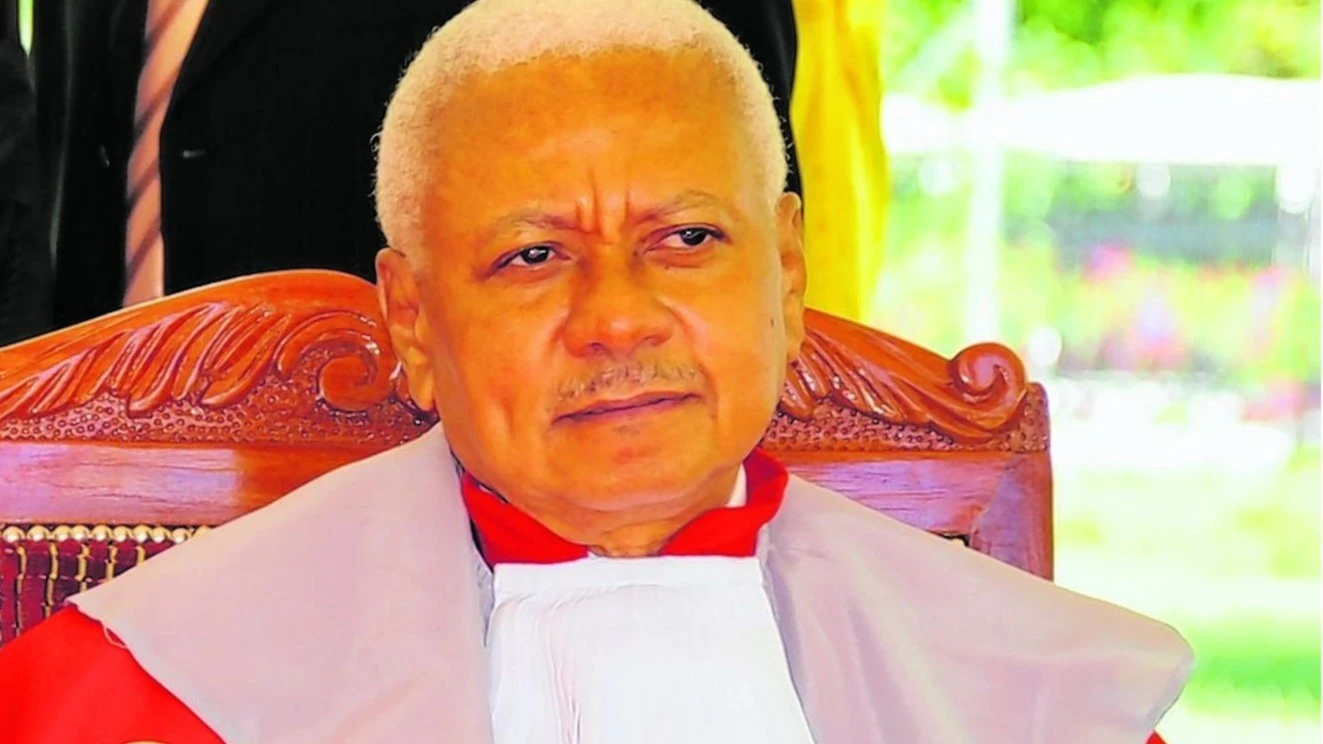Premature births: Govt hints at extended maternity leave

THE government has approved a proposal to extend maternity leave for employees giving birth to premature babies, incorporating whatever remains in view of the normal 40 weeks of pregnancy.
Anthony Mavunde, the Labour, Youth, Employment and Persons with Disabilities state minister in the Prime Minister’s Office (PMO) told the legislature yesterdaty that additionally, fathers will now be entitled to seven days of paternity leave instead of three days.
He said the proposal, long advocated by the Trade Union Congress of Tanzania (TUCTA), is meant to protect the well-being and health of infants born prematurely as they require additional maternal care.
It was presented yesterday as part of the 2024 Labour Laws (Amendment) Bill, after reviewin its earlier proposalo of a maximum maternity leave of 36 weeks. Following discussions with the relevant parliamentary committee, the government agreed to extend this to 40 weeks, he stated.
A new clause, Section 34A, has been introduced to allow employers to grant up to 30 days of unpaid leave to employees dealing with emergencies or disasters, providing a more supportive environment for employees during crises, he said.
The bill also proposes amendments to Section 14 to define types of fixed-term contracts, expanding the scope of temporary employment to include contracts for seasonal work, for training graduates, and for increasing work volume. This will allow employers to hire workers on fixed-term contracts in response to fluctuating demands, he specified.
Moreover, it is proposed that employers and employees may enter agreements on how to work during emergencies, such as outbreaks of diseases or other unforeseen circumstances that affect productivity in the workplace, he said.
Section 37 has also been amended to prevent initiating or continuing disciplinary proceedings against an employee when the dispute is before the labour commission or labour court, in order to avoid interference with ongoing conflict resolution processes, he said.
The bill outlines compensation according to the type of dispute and sets minimum and maximum limits for compensation for wrongful dismissal. Section 41A is proposed to introduce conditions related to breaches of fixed-term employment contracts.
Furthermore, Section 71 has been updated to ensure that the establishment of high-quality contracts between public institution heads aligns with public service regulations, streamlining employment terms in government institutions.
Trade unions will also be allowed to enter high-quality contracts with employers or employer associations to set up platforms for employee participation in the workplace, he suggested.
The Employment of Foreigners Act, Cap. 436 will be amended to allow foreign workers with a Class A work permit to work for a company in which they hold shares, after obtaining approval from the Commissioner for Labour rather than requiring a new work permit.
This is intended to simplify facilitation for foreign investors and improve the wider investment environment, he stated, elaborating that work permit application fees will be rectified to allow refugees with appropriate status to work without being restricted by the work permit expiry date. Amendments to Section 12 of the same Act will allow work permit renewals to be submitted to the Commissioner for Labour at least two months before the permit expires.
Fatma Hassan Toufiq (Special Seats), chairperson of the Social Welfare and Community Development committee of the National Assembly, recommended that the government consider further amendments to allow employees who give birth to children with special needs (such as those with Down syndrome, large heads, cleft palates, heart defects, or sickle cell anaemia) to receive special maternity leave.
Salma Kikwete (Mchinga) urged men who will be taking the one-week paternity leave to avoid using the opportunity for other activities instead of supporting their wives during the challenging time of caring for premature babies.
Top Headlines
© 2025 IPPMEDIA.COM. ALL RIGHTS RESERVED






















